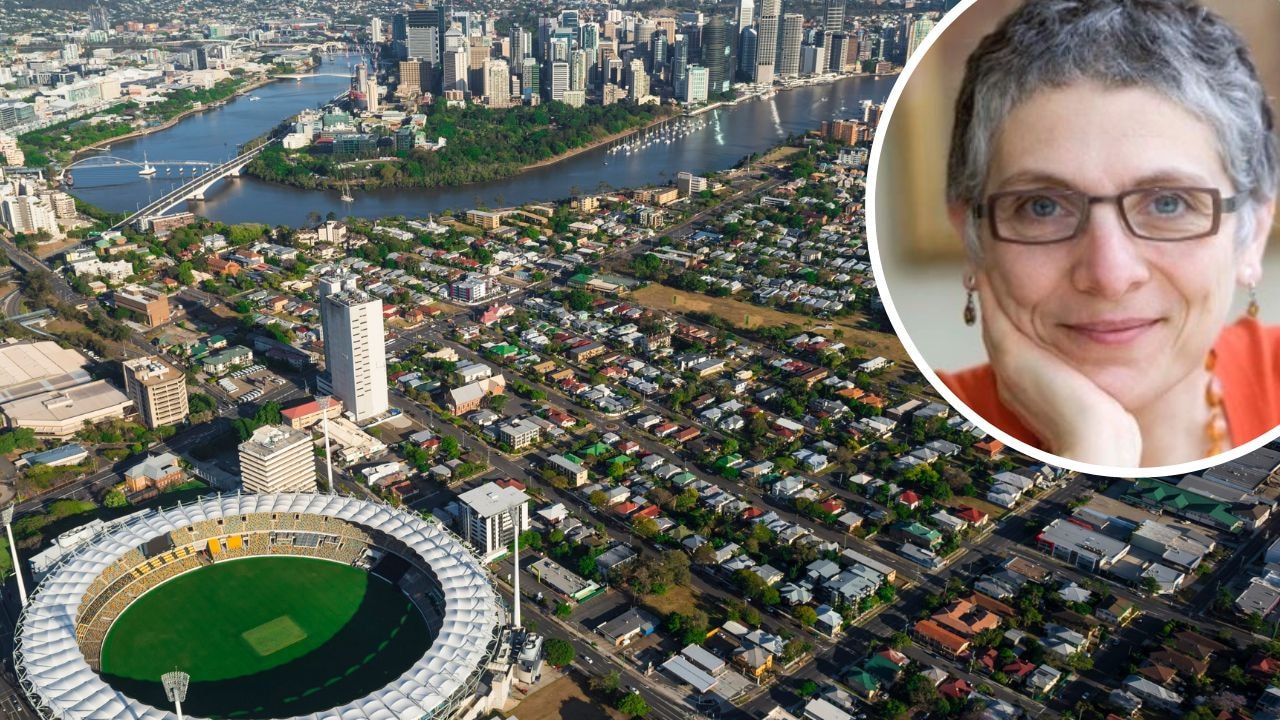Paying price for ‘buy now pay later’ world
Politicians don’t have to worry about tomorrow because tomorrow will be someone else’s problem. We can aspire to have zero emissions by 2050 because no one sprouting these lofty ideals will be around in 29 years’ time, writes Mike O’Connor.
Mike O'Connor
Don't miss out on the headlines from Mike O'Connor. Followed categories will be added to My News.
There was that pivotal moment in the last federal election campaign when Bill Shorten, bags packed and ready to move into The Lodge, was asked how much his climate change policies would cost.
The question remains unanswered but voters were smart enough to guess that it would be a lot and sent Billy Boy off to the naughty corner to ponder what might have been.
No one likes to talk about the cost of getting what you want. There’s an expression which enjoys currency among those of tender years at the moment which declares that “it’s all about the mems”.
Translated, it means that you shouldn’t worry about cost. Do whatever pleases you today and enjoy the “mems” – memories – of doing so and worry about the price to be paid later. It’s an attractive philosophy but one with an obvious flaw.
What, exactly, are you supposed to do when tomorrow finally dawns? Buy now, pay later. Live beyond your means, enjoy the warm glow of self-gratification and somehow, everything will be fine.
Politicians don’t have to worry about tomorrow because tomorrow will be someone else’s problem. We can aspire to have zero emissions by 2050 because no one sprouting these lofty ideals will be around in 29 years’ time.
Let’s throw a few more targets into the policy ring. Let’s aim for everyone in Australia to own their own home by 2060. Fantastic idea.
How about getting everyone to have a holiday house at the beach by 2070. Even better!
Bob Hawke once announced that “by 1990, no Australian child will live in poverty”.
Bob must have enjoyed the “mems” of the thunderous applause which greeted this declaration It was a nice line but remains of little comfort to all those kids who slept on the street last night.
A lot of people will enjoy the “mems” of the last 12 months because instead of getting up and going to work, they’ve been able to have a nice lie-in and enjoy their JobKeeper payments.
Business owners who have been unable to find anyone willing to work in their bars, restaurants or cafes will have less pleasant recollections of these times because money for nothing beats work any day.
The clock is ticking as it counts down the hours to midnight on March 28 when the free money ends. Already the demands for more free money are being made because hey, it’s all about the mems.
All those people who cashed in part of their superannuation and rushed off to the nearest Harvey Norman store to buy a bigger TV or new computer for no other reason than that they could will also have great “mems”.
They’ll need them to lessen the impact of the cold reality of an underfunded retirement. Pass the cat food someone, will you.
No one wants to work in rural towns in spite of the incentives offered to do so because life is less challenging on the coast. Doctors refuse to go bush because they’d have to work harder and possibly earn less money so where’s the sense in that? That’s just asking for bad mems. You’d have to be mad, surely?
The runaway success of companies such as Afterpay has been fuelled by the desire for a better class of memory. I want it and I want it now because hey, it’s all about the mems.
Exercising the degree of self-discipline inherent in saving up to buy something, alas, is not the sort of memory that appeals.
No one really believes that Australia, responsible for 1.2 per cent of the world’s emissions, will have any effect at all on the planet’s climate if it were to reduce its emissions to nil by the middle of the millennium.
Our leaders, however, enjoy a pleasant memory of the nice round of applause they received for pretending that it will.
As a nation we will pay a heavy price for proceeding down this path but to refuse to bow to the howls of a noisy minority might create some unpleasant memories which must be avoided at all costs.
Poor old Eddie McGuire had pleasant memories of being regarded as a good bloke until he was denounced as a racist for his poor use of language. Everybody knew what he was trying to say but the minority mob never miss a chance to play the R card so Eddie was forced to make a grovelling apology to preserve his fond memory of being liked by all.
He could have said “don’t be stupid. You know exactly what I meant. Why are you trying to deliberately misrepresent me?” but he didn’t.
My memories are of when Australians lived in a real world. I treasure them because I fear they will not be replenished.



